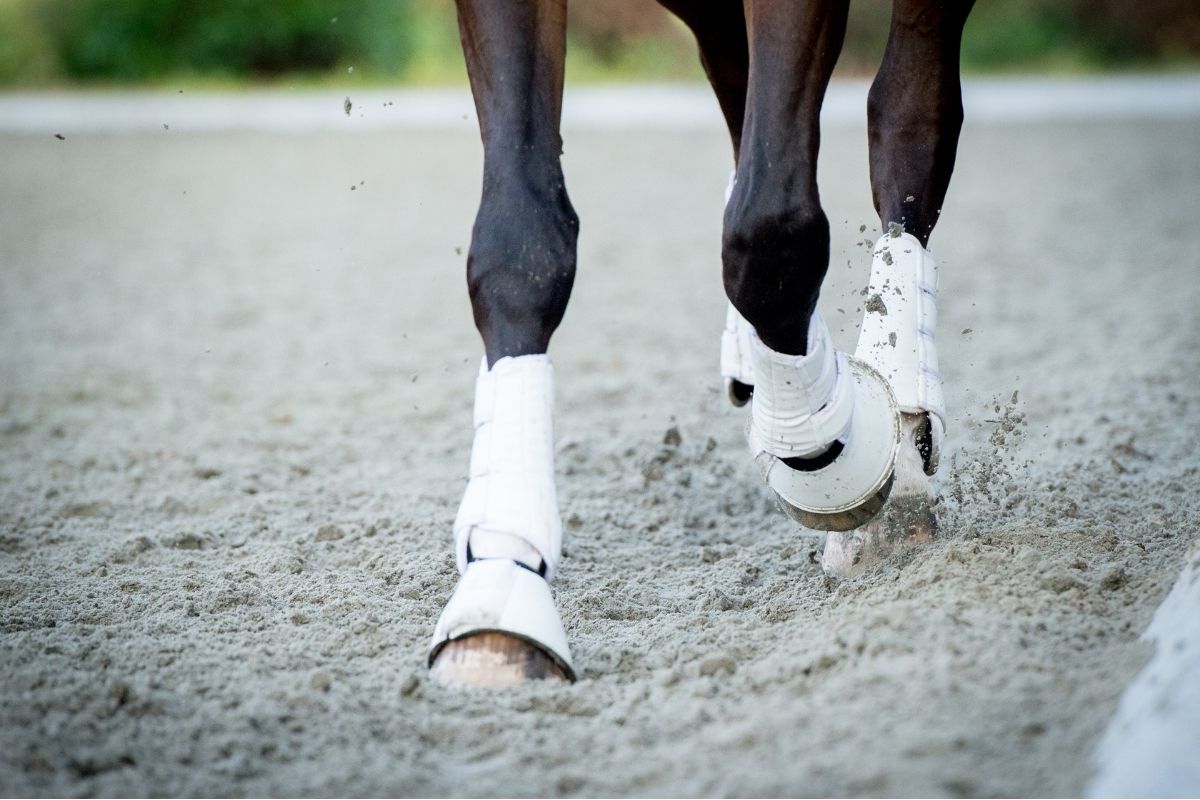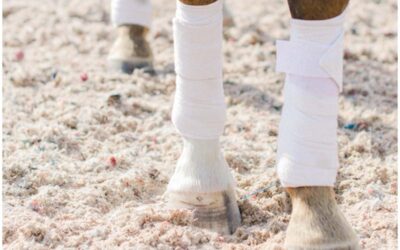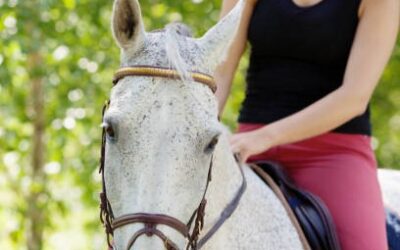All our life, so far as it has definite form, is but a mass of habits.
William James
Habits are a vital factor of everyday life. From our morning routine to our drive to work, studies show about 40 percent of our daily activities are performed in the same way each day. Habits allow us to navigate our way through everyday life without having to overload our precious cognitive resources. If we had to make a conscious decision for our every action we would struggle to get beyond our own front door! When it comes to riding, habits are every bit as vital, they allow us to carry out the extremely complex skill of riding whilst focusing on things such as remembering a dressage test, avoiding the other riders in the arena or even thinking of what to cook for supper that night. However, just like in everyday life, some of the habits we form are useful and effective and some are not. To understand the role habits play in rider performance we need first to consider how habits are formed. Charles Duhigg in his book The power of habit describes the neurological framework that causes a habit to form, referred to as ‘the habit loop’.
The habit loop consists of three elements: cue, routine and reward. Firstly, the cue is something that triggers a particular behaviour, for example a traffic light turning red would be a cue to stop. Secondly the routine refers to the habit, the behaviour that is triggered by the cue and finally the reward, the reward reinforces the routine creating a habit. An example of how this is exploited can be seen in garage fuel courts. You fill up your car with fuel, you then proceed to the till to pay and are forced to walk past the rows of sweets and chocolate that are conveniently placed on route to the till (cue), you then grab your favourite chocolate bar and take it to the counter (routine), you then enjoy the sensation of eating the chocolate bar (reward).

So, let’s look at some examples of how habit loops impact rider performance. As earlier stated, habits consisting of good technique are invaluable, however as in all aspects of life the habits we form are not always helpful. No one wants to ride badly, less than desirable riding styles are, in fact often not the result of ill-tempered riders who do not care for their horses but rather a result of negative habit loops. Let’s take for example a habit that we all recognise as a negative but at some point, many of us have found ourselves in moments of frustration falling into, trying to get on a horse on the bit using a strong backward rein aid. Starting with the cue, horse coming above bit, usually followed by internal dialog reminding you of how everyone will think you can’t ride if you can’t get your horse on the bit. The routine: draw back and fiddle with the rein. The horse then shortens its neck and draws its nose in, attempting to relieve the pressure on the lower jaw providing the rider with the reward. The issue in this process is of course is the reward was faulty, the nose is down but the back is hollow and dropped. However, at lower levels a horse ‘on the bit’ even if not correctly working over the back is likely to gain more admiring glances from spectators and better marks at their local unaffiliated dressage competitions than the horse working above the bit, reinforcing the riders ‘reward’. The key here is in gaining a better understanding of the desired reward. In doing so directing rider focus to the right places, However, not only does the rider need to develop an understanding of prioritising factors such as balance and correctness over head position, but to also retrain the behaviour that immediately follows the cue, using imagery and self-talk alongside guidance from a good coach to form better more effective habits! When we become aware of the role habits have in our riding performance we can start to recognise and finetune them leading to better unconscious responses and ultimately better overall performance.





0 Comments